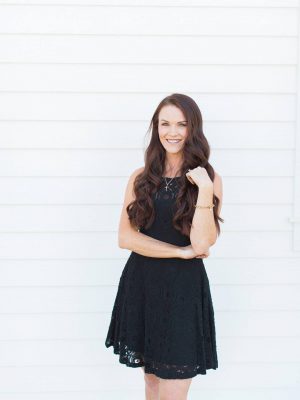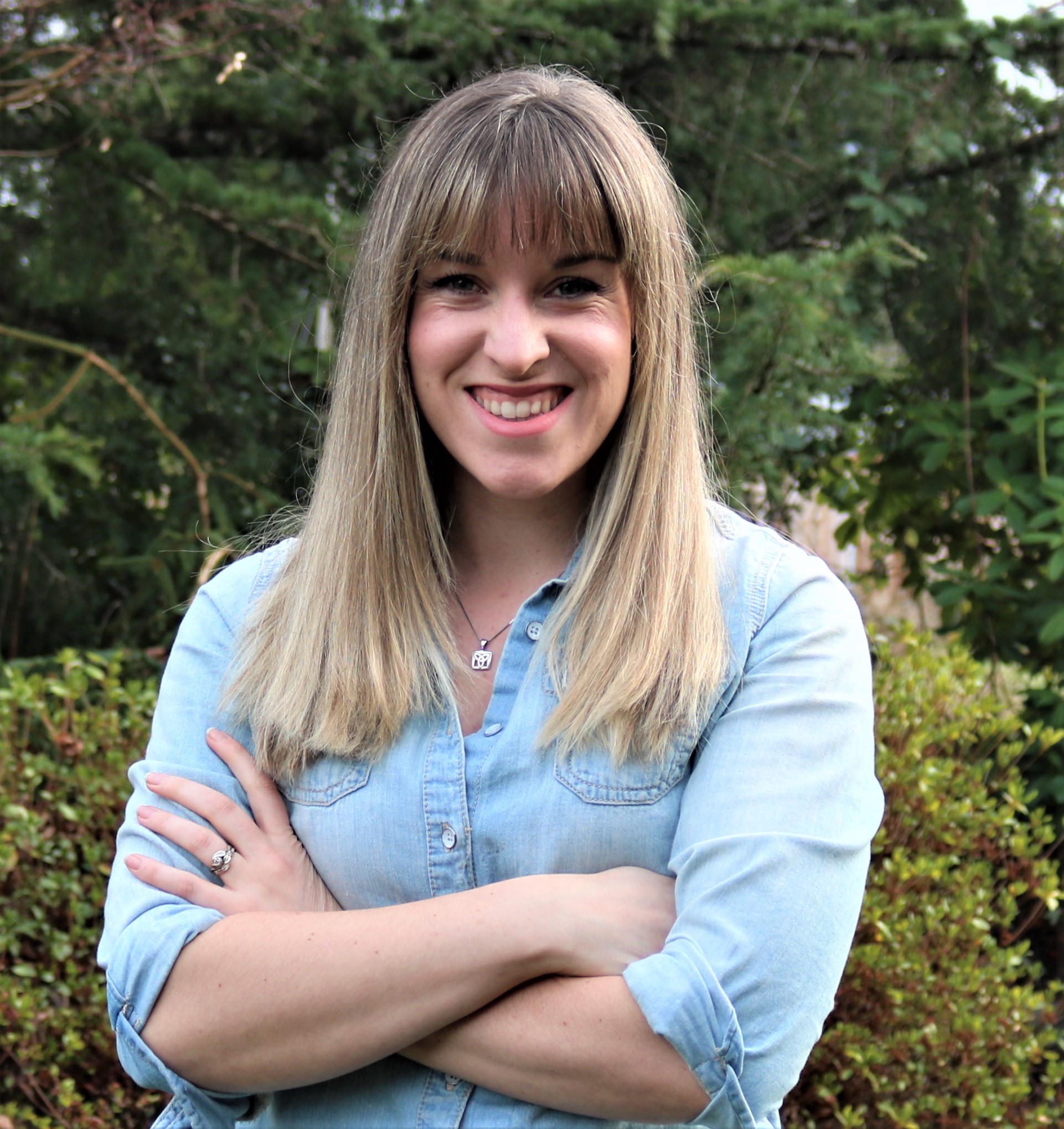Dietitian on a Diet Interviews an Intermittent Fasting Coach

Emily Arger, Certified FASTer Way to Fat Loss Coach
For some, intermittent fasting can mean a significant lifestyle change that can have challenges to implement. I myself have struggled a bit with hunger and fullness at inconvenient times throughout my few days on intermittent fasting. I chatted for a few minutes with Emily Arger, Certified FASTer Way to Fat Loss Coach and creator of the 7-day Whittle Your Waist Mini-Course. Emily coaches women on following an intermittent fasting lifestyle and also provides 25-30 minute home workout plans to these ladies. Check out her answers to some of my questions about intermittent fasting:
How did you first learn about intermittent fasting?
I actually heard about it before I had my kids – I read a book called Eat, Stop, Eat by Brad Pilon about the benefits of fasting. It’s a great book, but it was actually a bit different from what I teach now. I read it and it was intriguing, it was different. At first it was never something I intended to coach. I thought people might think I was crazy, because we are so ingrained with the idea that we need to eat 5-6 meals per day. It wasn’t until much later that I actually picked it back up again, after my kids were a little bit older.
What made you want to teach intermittent fasting?
I had done a lot of measuring and using containers to portion foods and I was so over that. I kept asking myself if that was a lifestyle that I wanted my clients to live forever, and the answer was no. When you master the intricacies of intermittent fasting – making sure you get in your macros and eat enough – and once you adapt to [intermittent fasting], there is so much freedom in it. That’s why I wanted to start sharing that with the ladies I work with.
What is your favorite thing about intermittent fasting?
Honestly, the ease. The ease and freedom of it. The ladies who go through the first few days of Whittle Your Waist start off thinking that they can’t do it, but once they adapt to it, they love the freedom of it. They say, “Hey, I’m not that hungry and I’m not spending my entire day thinking about food anymore.”
What do you see as the biggest challenge of intermittent fasting?
I think it’s definitely making sure you’re getting enough. I know that sounds crazy, but once you get used to it, it can be tempting to get to 10 am or noon and say, “Hey, I’m not hungry yet” and they try to push that window a little bit farther, but when they start so much later, it’s a big challenge to get say, 1800 calories in in only 6 hours. It’s important to plan things out, especially at the beginning, and get a coach if you’re struggling to meet all your macronutrient and micronutrient needs in such a small window.
What’s your #1 piece of advice to someone wanting to try intermittent fasting?
I would say to seek out the scientific-based research on it, because we’ve been inundated with these myths like “you have to eat every 2-3 hours” or “breakfast is the most important meal of the day.” It’s important to read the research yourself to understand the benefits of intermittent fasting and how it’s good for you. Otherwise, you’re going to read a magazine or something that tries to tell you that what you’re wanting to do isn’t right and it gets confusing. It’s important to ground yourself in the research so you can really understand why intermittent fasting works and what it does for your body.




Leave a Comment